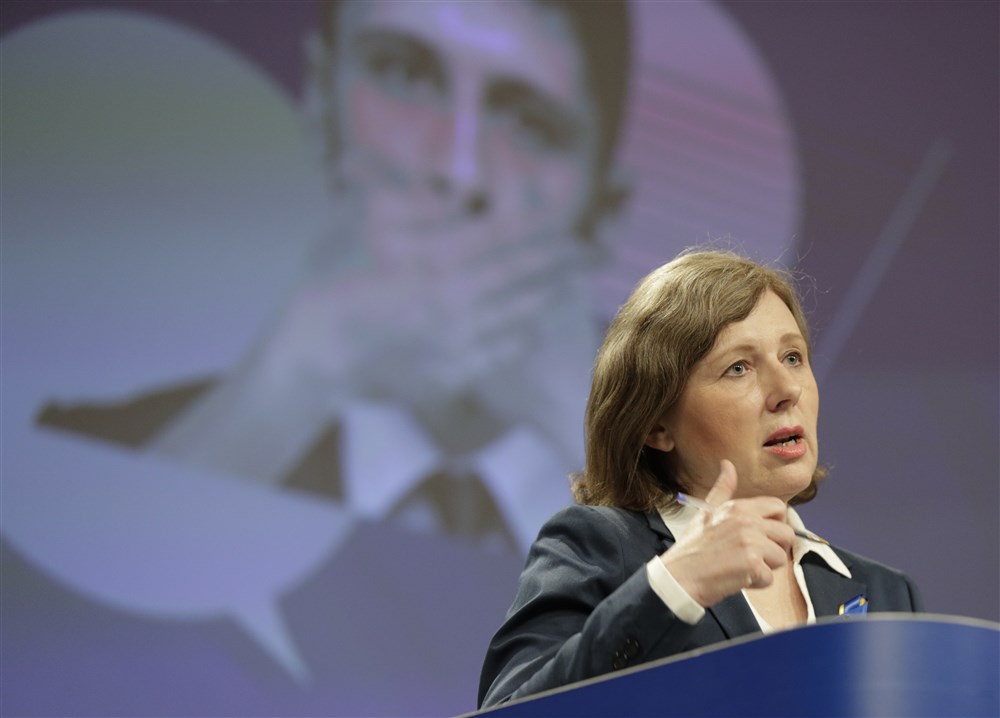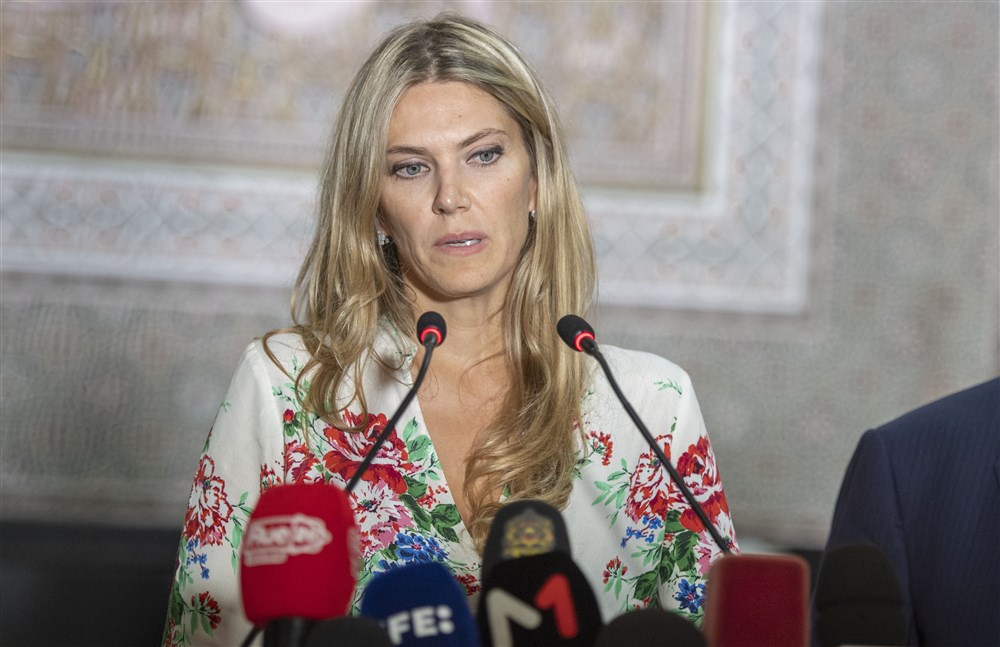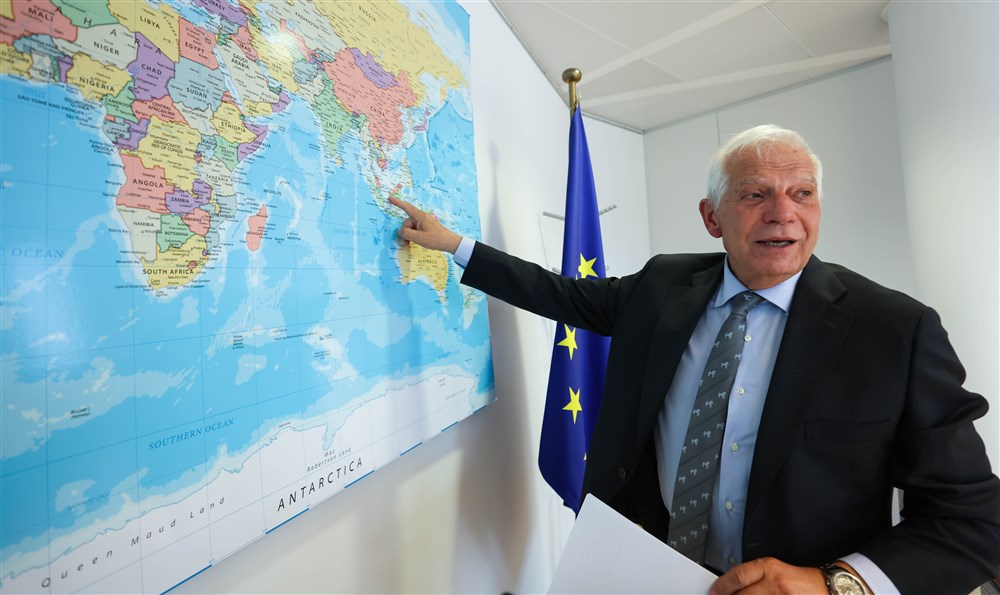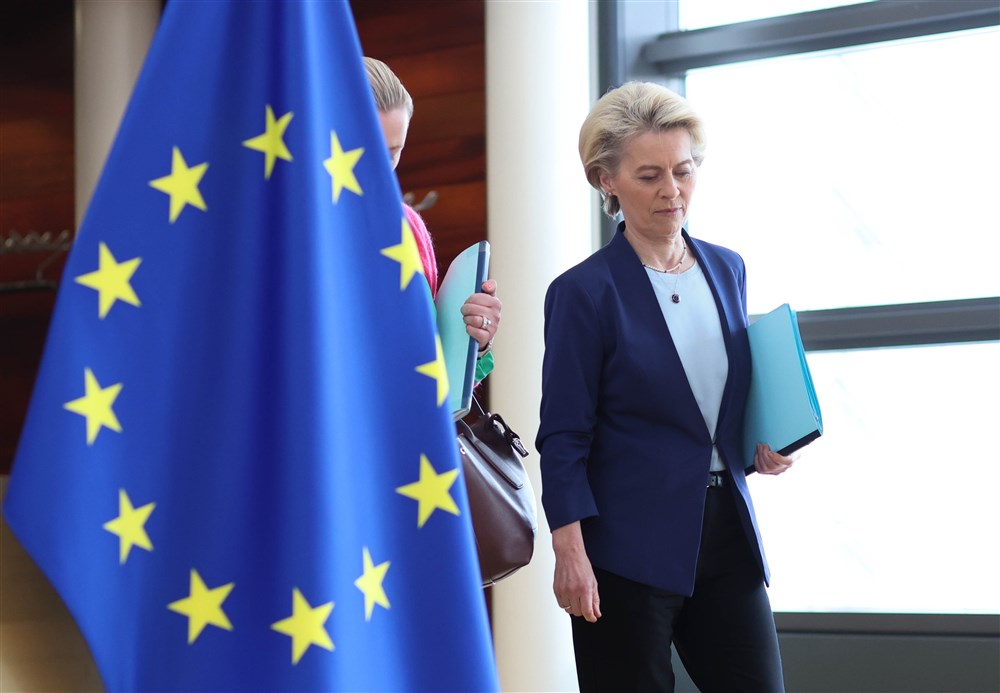The EU’s energy transition policy is “not serving the people” and its raft of new rules about CO2 emissions are being used “to control people,” Dutch MEP Robert Roos has warned.
The multitude of policies comprising the European ‘green deal’—that seeks to make Europe the first climate-neutral continent by 2050—are failing the democratic test, argues Roos, along with others in the JA21 Party (Juiste Antwoord-Right Answer) centre-right Dutch political party.
“They have not been asked for by ordinary people,” says Roos, whose JA21 Party sits within the European Conservatives and Reformists Group in the European Parliament. “To me it’s incredible; we are meant to live in a democracy.”
Speaking at an April 26 event organised by the European Conservative journal to discuss the green deal, he said that the “real agenda” is to make money for big corporations that invest in renewables and new kinds of food production.
He compared the effort to the United Nations’ 17 Sustainable Development goals: “If you look at each one individually, you can’t be against what it proposes.” But, he explains, the SDGs are being pushed by NGOs, which are funded by philanthropists. And those philanthropists are supporting NGOs based on their own financial interests, because they have invested in so many areas related to the sustainable goals.
Speaking to the Brussels Signal after the talk, Roos pointed out that the EU gave final approval on 25 April to a sweeping reform of the bloc’s carbon market, including a new carbon border tax on imports.
“What kind of democracy do we live in?” he asked. “Our [Dutch] parliament can stand on its head and it won’t make a difference to the decisions in Brussels.” The Dutch Government will be rendered simply a vassal of Brussels, he says, that is forced to implement a decision that the Dutch people have not voted on.
His key concern—and what drove him to get into EU politics—is that the European Commission is increasingly using green deal laws to circumnavigate “national competence”, whereby an EU member state retains sovereign control on an issue. It’s an undemocratic “power grab” that will ultimately take away the freedoms of future generations—not to mention their ability to own and drive and car.
“The way the EU is pushing its green agenda goes against all logic,” said Dutch MEP and JA21 Party member Michiel Hoogeveen. “The green industrial plan claims to protect the green industry of the common market. But in practice it puts up trade barriers, increasing the costs of living for the people hence increasing inflation.”
Other green deal policies that have been given the Brussels stamp of approval include an agreement to increase the uptake of biofuels or hydrogen in the aviation sector—which some argue will make flying even more expensive, and thus unattainable—and a so-called “holy trinity” of climate laws at the centre of EU efforts to reduce greenhouse gas emissions by at least 55 percent by 2030.
“I’m in favour of phasing out fossil fuels but not in a climate obsessive way…that has such an impact on the way we live,” Roos said. “For my children I want a country that is safe and has prosperity.”





